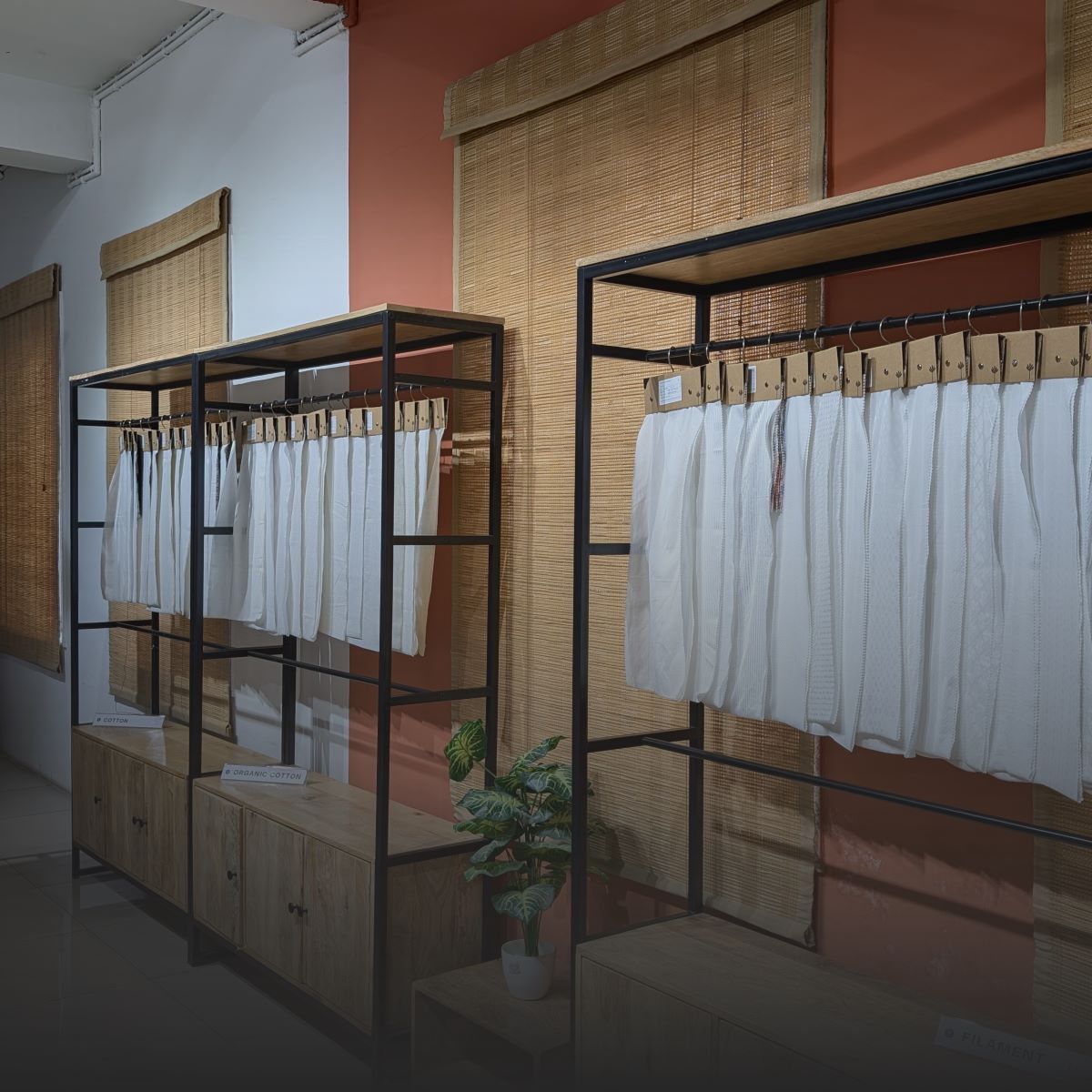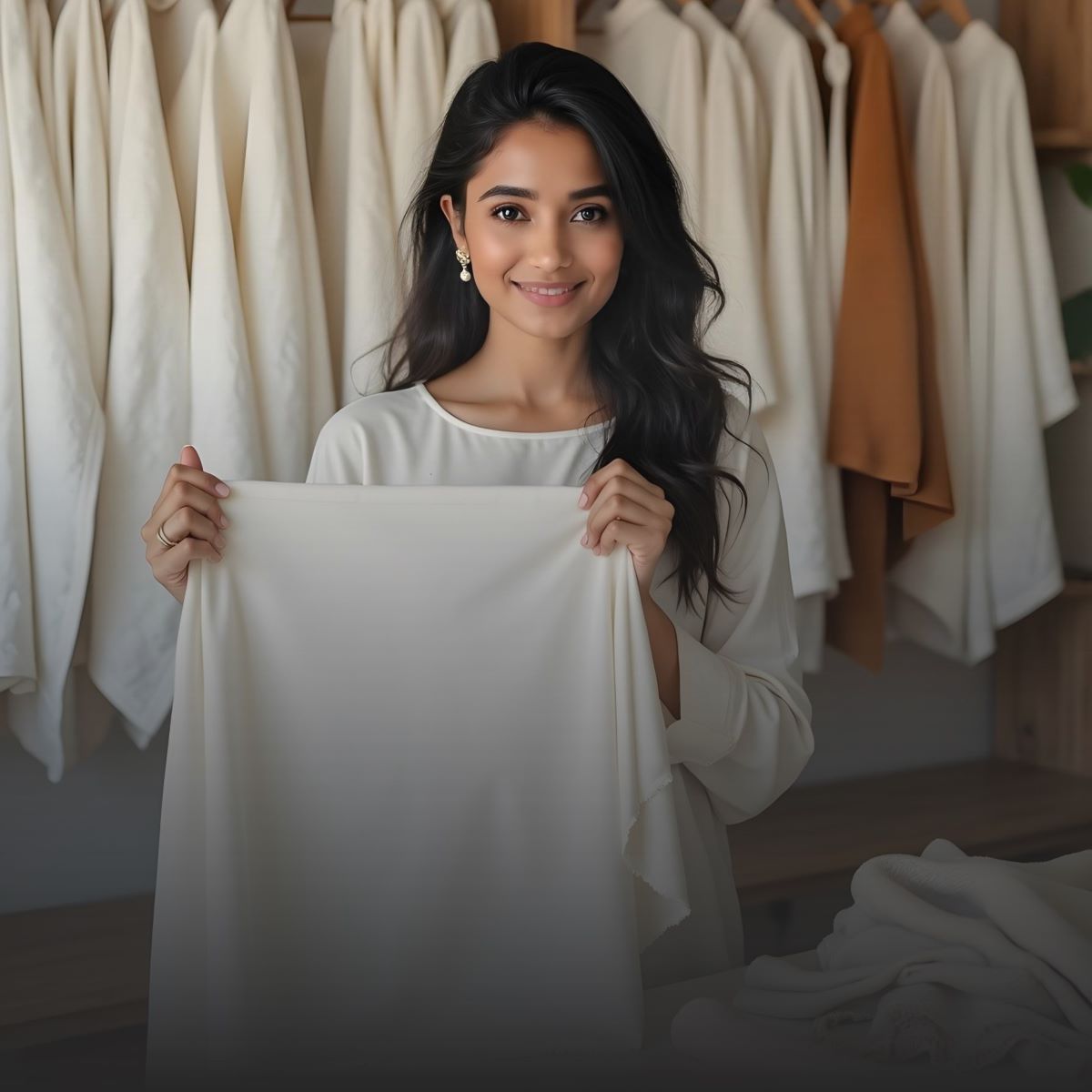A notion that has taken the entire world by a huge wave, not just only in the food industry but also in the fashion industry – Veganism.
Even though the most famous media has turned vegan foods kind of mockery which translated the concept within the fashion industry as much more superficial than is meant to gain acceptance from compeer.
In simple words, vegan fashion is clothing and accessories that are curated from resources that are cruelly free. Wherein no animal is harmed throughout the making or testing of the product. It is significant to note that, whilst pandering to the niche customers, are being embraced with wide arms into the nation where the growth is going off the chart.
According to the statistics report, nations such as Germany, United Kingdom, United States, and France are initiating to invest in the vegan market.
Companies working for a vegan society

The rise in the popularity of vegan fashion has been adopted by several brands that have vowed to remain eadicating the animal cruelty pronunciamento.
The luxury sector has came a long way when it to cater the vegan segment. However, a huge number of fashion houses has pledged to ban the usage of fur and skins from their collection during 2018. No matter what trend the market follows, it somehow has a way of trcikling down to the fashion industry.
The luxury sector isn't the only one keen to welcome the new, however. New Look was one among the first high-street retailers to register products with The Vegan Society's Vegan Trademark, and they released a 500-piece shoe, bag, and accessory line. Textiles, threads, glues, dyes, and treatments are all common places where animal byproducts may be found; New Look guarantees that none of these elements appear in any of their registered products. They have also guaranteed that no animals were harmed in the making of these products and components. The company reportedly plans to register as many of its non-leather goods as feasible by modifying components and reducing reliance on animal-derived ingredients.
Substituting New Options

The environmentally conscious millennial and Gen Z generations are the catalysts for promoting the adoption of previously marginalised concepts, such as veganism, even though it may seem difficult to restructure the entire production and procurement process that has been in place for quite some time. In addition, there are a plethora of options available to eradicate anything that is harmful to animals.
Products formerly used on animals now pose risks to the user as well. Due to the extensive use of mineral salts, formaldehyde, coal-tar derivatives, and countless oils, dyes, and finishes—including those that are cyanide-based—in the tanning and finishing processes, leather is one of the worst environmental materials. Companies like Zara, Stella McCartney, and bebe have turned to high-quality animal-free leather made from plant-based materials like mushrooms and fruit, as well as synthetic ones like polyurethane (PU) and recycled nylon.
There has been a widespread shift toward faux fur in the fashion industry, but the allure of silk has not diminished. However, one need not go far and wide to find a selection of soft materials. Animal-free, abundant, and generally more affordable alternatives to silk include nylon, milkweed-pod fibres, silk-cotton tree and ceiba tree filaments, polyester, and rayon.
Future steps

Despite all the talk, there still has to be standards put in place so that businesses may take the vegan path in the most effective way. British Retail Consortium, an industry group representing UK stores and e-commerce sites, has introduced new guidelines to ensure that vegan apparel is really free of animal substances in response to increased demand for ethical products.
Since creating animal-friendly products involves more than simply eliminating common materials like leather, suede, and wool, this is a significant step in the right direction. Businesses need to check the safety of all components, from glues and dyes to waxes and lubricants, before releasing a product to the public.
To help buyers and companies find a more ethical and sustainable approach to vegan fashion, suggestions like these are vital. If other countries are considering making vegetarianism more widely available in stores, they should develop clear guidelines for doing so.
However, as people, particularly young people, get more information about the environmental disaster and the role of fast fashion, consumer opinions are swiftly changing. A Mintel survey found that 64 percent of young adults aged 16 to 24 are trying to be more conscientious about the clothing they buy. As customers' perspectives change, businesses have a better chance of capitalising on this trend.
FAQ
Why is vegan fashion important?
Vegan fashion items are favoured not just for animal rights and freedom, but also because they are 'sustainable' solutions owing to the livestock industry's significant environmental effect. However, this does not imply that vegan fashion is environmentally friendly.
What can't vegans wear?
Vegans do not wear or use any item made of wool, fur, silk, or leather, including shoes, belts, wallets, eyeglass cases, and watchbands; they do not use comforters filled with goose or duck down; and they do not maintain leather-upholstered furniture in their houses.
Is eco friendly and vegan the same?
As a result, vegan goods are not always environmentally friendly and may even "contain hazardous chemicals and compounds." It is quite conceivable for vegan items to be packaged in regular plastic an apparent error in terms of sustainability.
We also happen to be a magnet for suggestions, and would love to catch yours….throw us yours on hello@fabriclore.com




